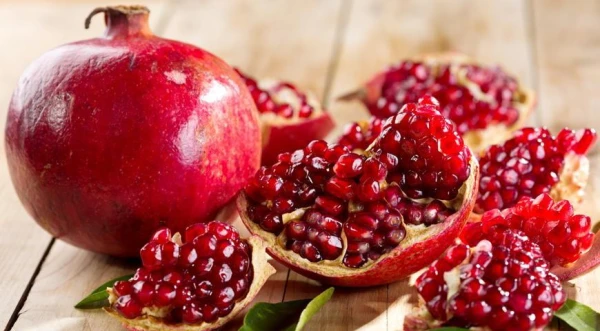
In autumn and winter, many notice a decline in strength, paleness, and dizziness — signs that often indicate iron deficiency.
But it is not always enough to simply add meat, liver, and pomegranates to the diet, as it is also important to understand how to help the body absorb iron from food fully.
Dietitian-endocrinologist Daria Dibrova explained which products can be combined when trying to raise hemoglobin levels and which should never be combined.
Heme and Non-Heme Iron — What’s the Difference
Iron comes in two forms. Heme iron is found in animal products and is absorbed better. Its sources include red meat (beef, lamb, veal, pork), liver, hearts, seafood, and eggs.
Non-heme iron is obtained from plant products: lentils, beans, chickpeas, buckwheat, quinoa, broccoli, and spinach. It is less accessible to the body but can replenish deficiency with regular consumption.
As the doctor assured, both heme and non-heme iron will be absorbed more effectively if combined with foods rich in vitamin C. That is why it is recommended to add the following to dishes with meat, legumes, greens, and eggs:
lemon or lemon juice;
bell pepper;
green vegetables;
kiwi.
What Interferes with Iron Absorption?
According to Daria Dibrova, caffeine and tannins from beverages such as coffee, tea, cocoa, and sodas interfere with iron absorption. They should be consumed at least 45 minutes before or 45 minutes after meals.
However, before making any changes to the diet, the specialist advised getting tested, determining the cause of iron deficiency with a doctor, and agreeing on a treatment strategy.
"It is important to eliminate the cause of anemia — without this, replenishing iron levels will be equivalent to bailing water from a leaky boat," concluded Dibrova.


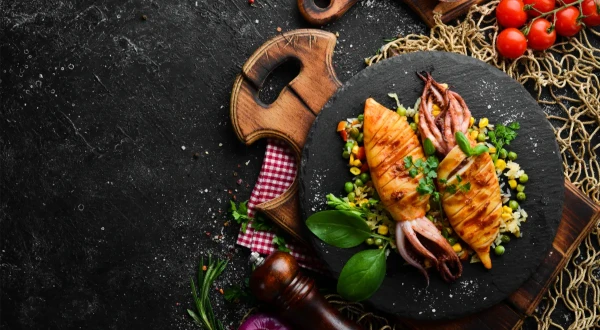


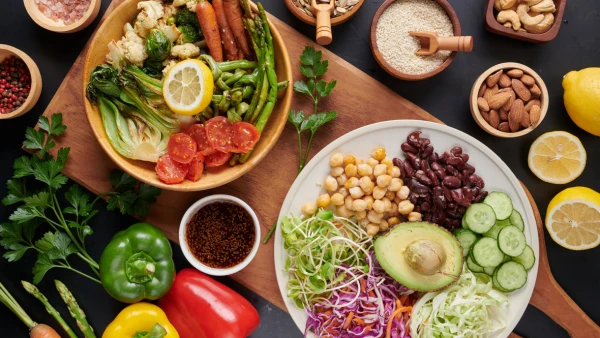
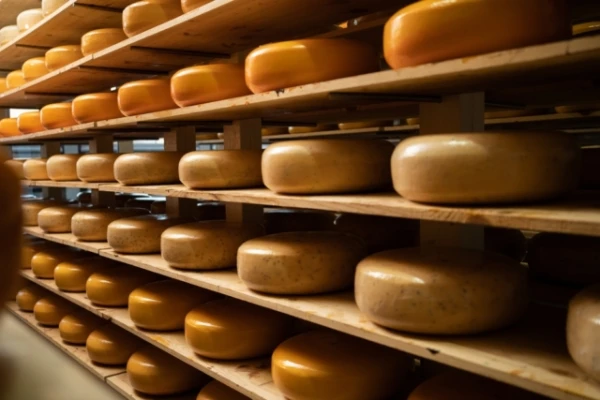
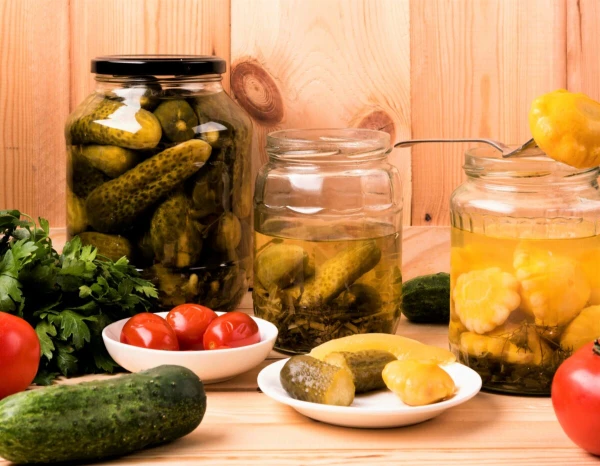
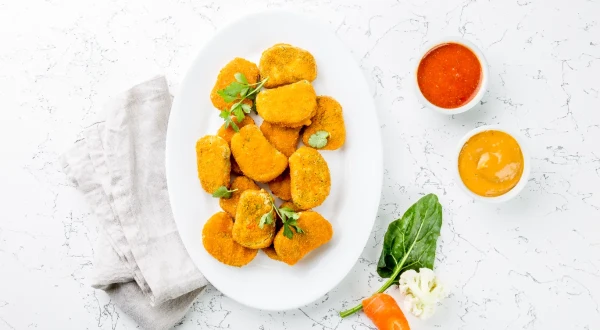

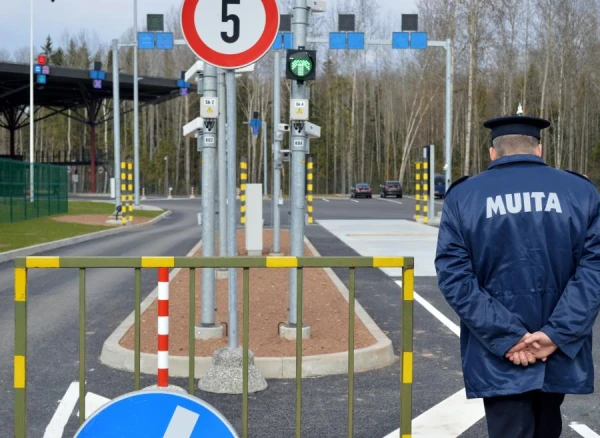
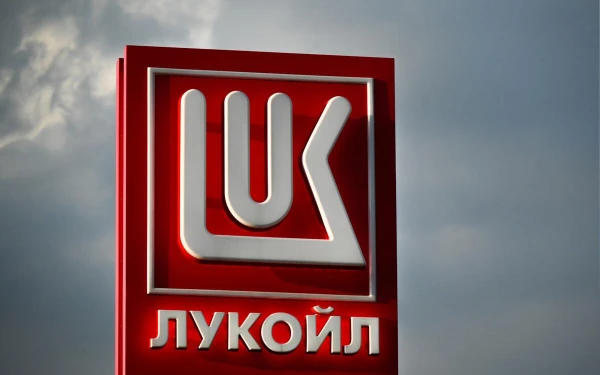



Leave a comment